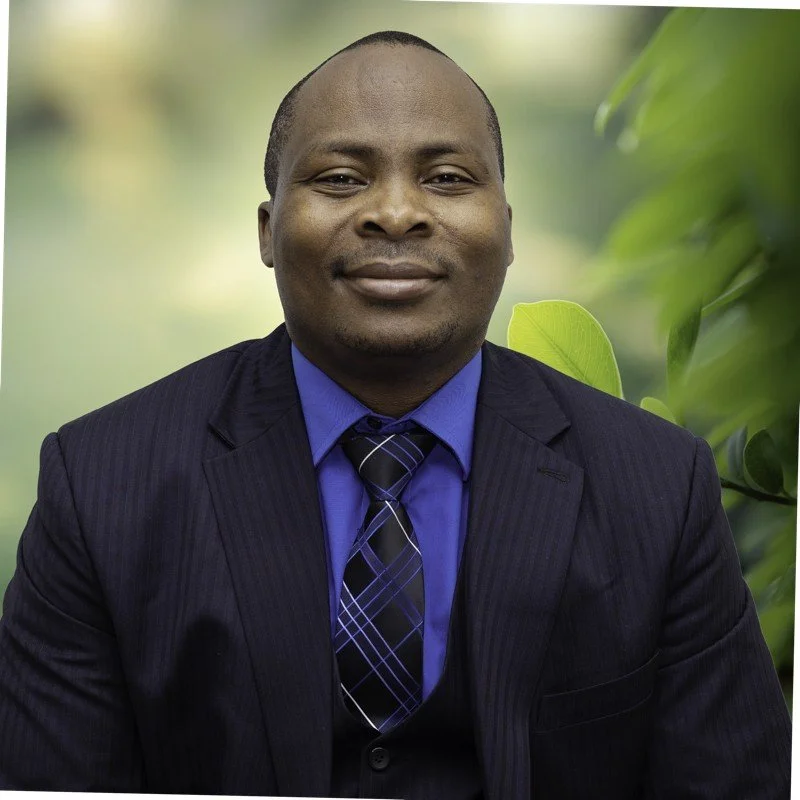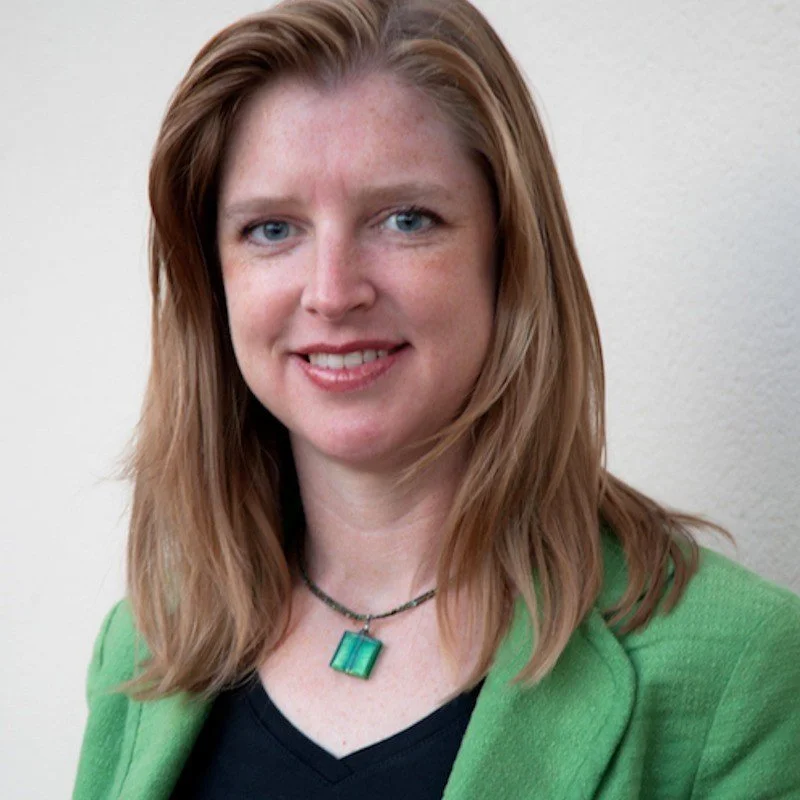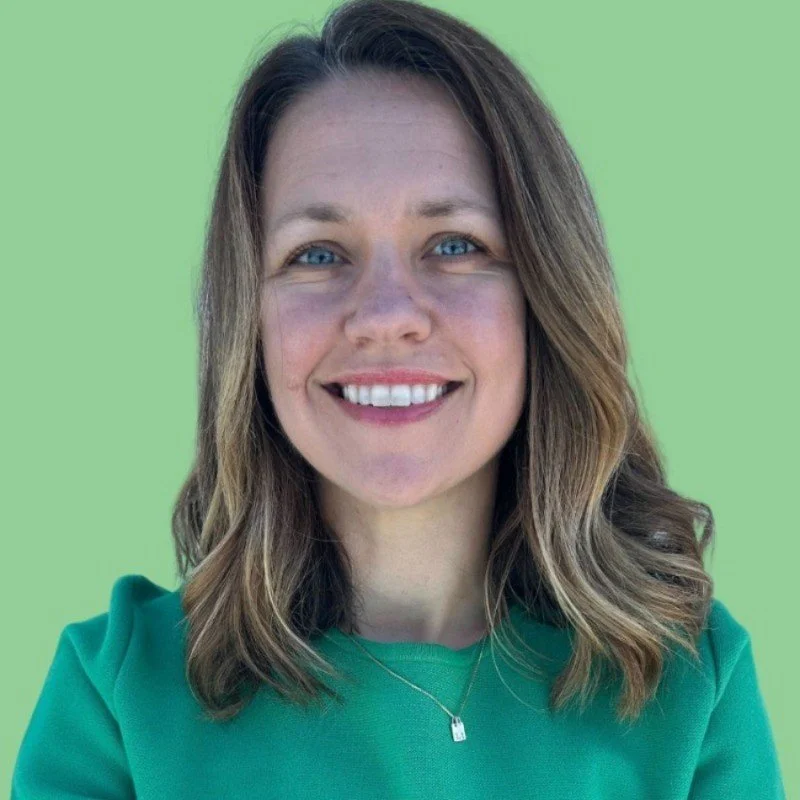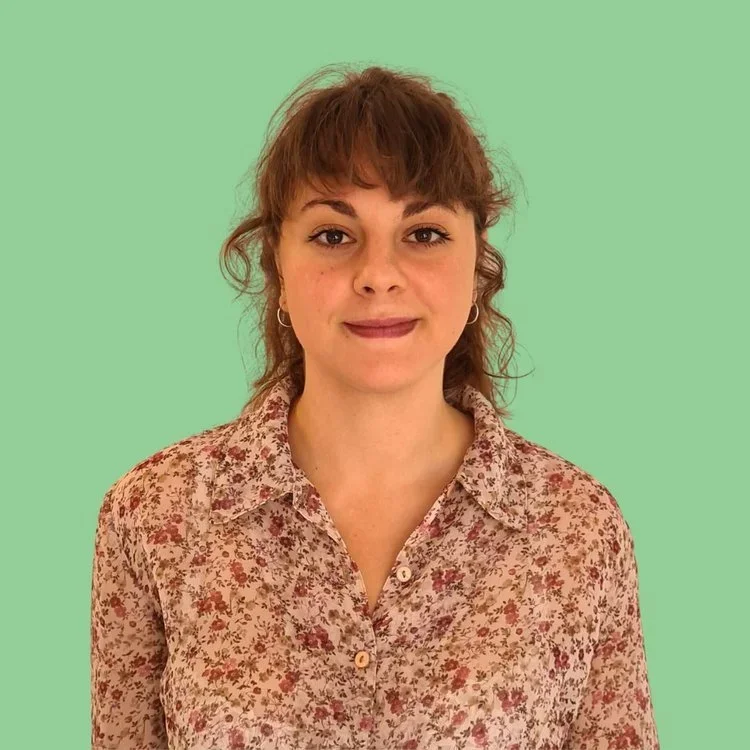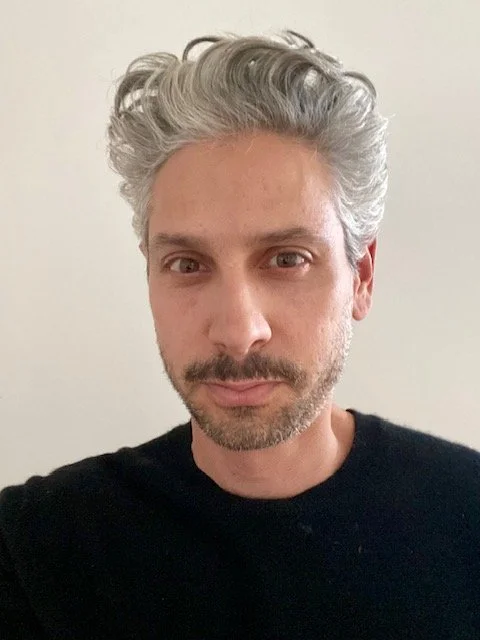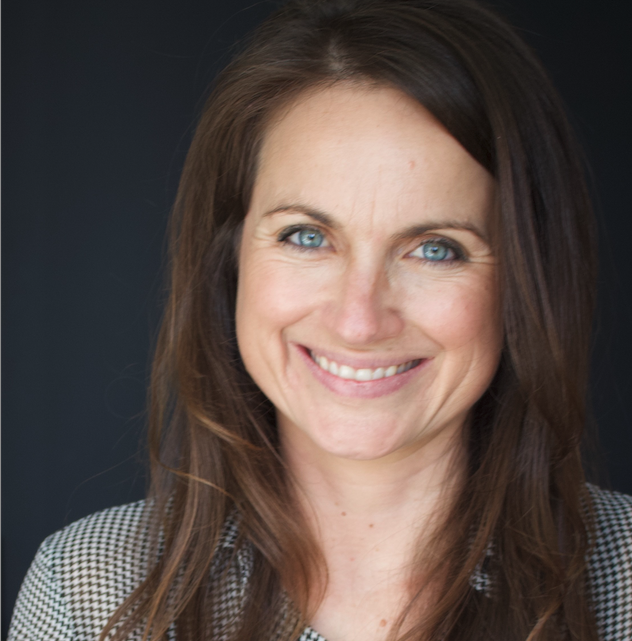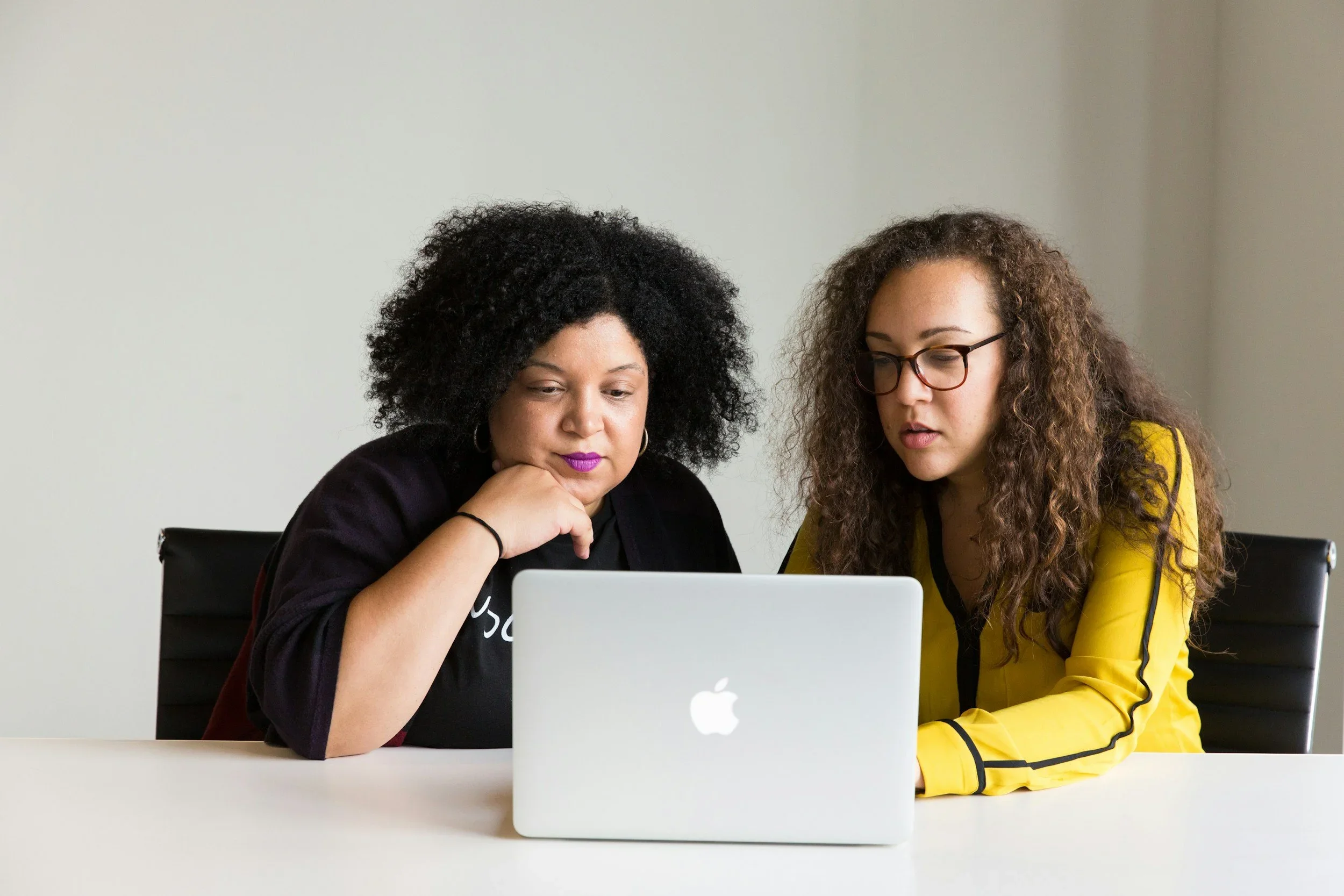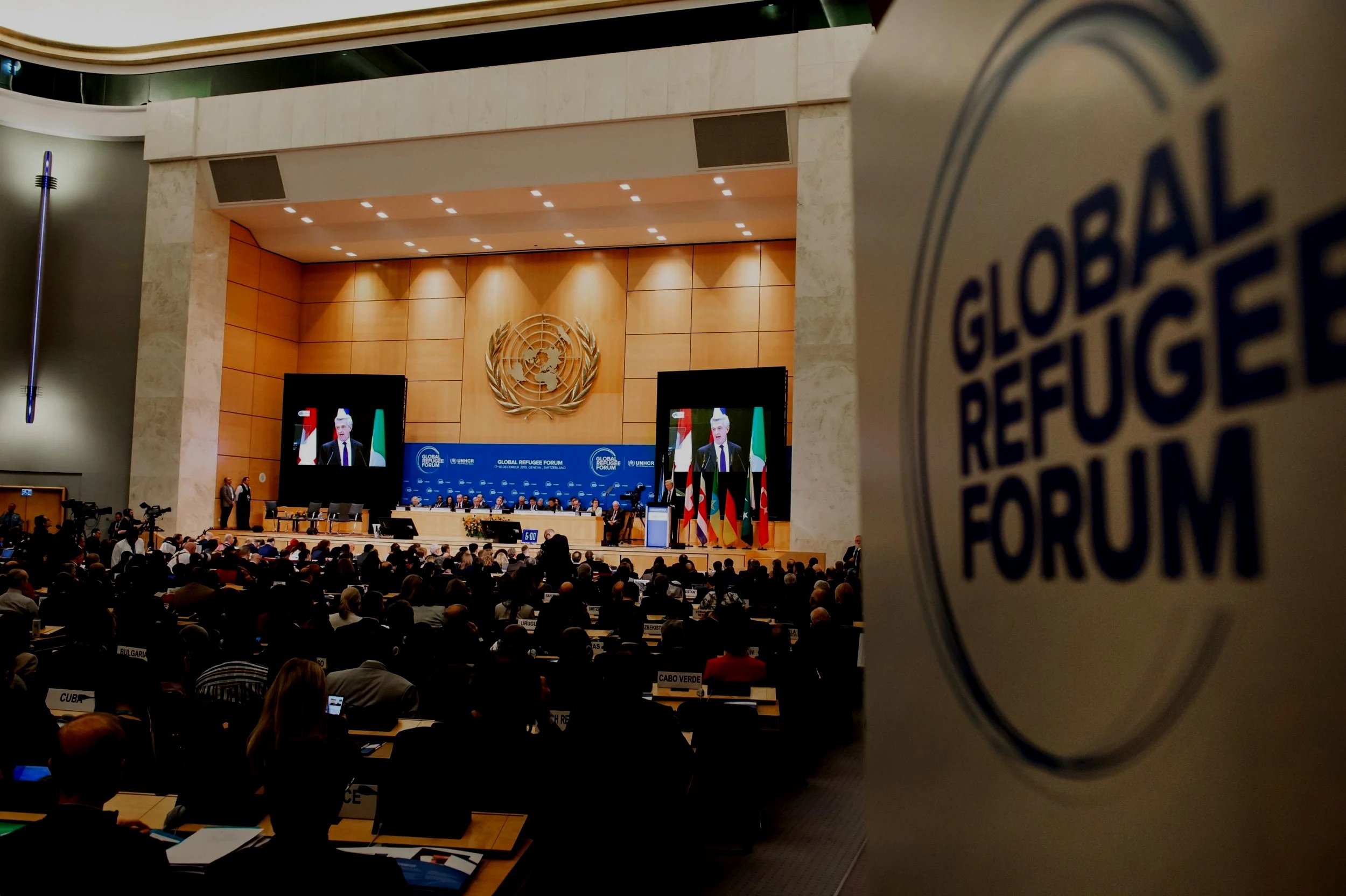
Jointly organized by
Hosted by
Refugee-Led Organizations Rapid Support Sessions
The Global Refugee Forum (GRF) Progress Review offers huge opportunities for growth—showcase your work, attract new donors, form strong partnerships, and even pursue funding!
To help Refugee-Led Organizations (RLOs) navigate this environment, Aropa Consulting, Refugee Emergency Fund, PILnet, together with external colleagues, and supported by APNOR, are offering three types of free of charge expert support sessions, hosted at R-Space in Geneva.
Context
-
The Global Refugee Forum (GRF) Progress Review 2025 (formerly the High-Level Officials Meeting-HLOM) is a critical component of the Global Compact on Refugees (GCR) implementation. This high-level convening aims to assess the progress of multi-stakeholder pledges made at the GRF 2023 and chart next steps toward the GRF 2027.
-
R-Space is an independent, refugee-led convening designed to shift the focus of global refugee policy from state-centric dialogues to solutions designed and driven by impacted communities. Held in parallel to the GRF Progress Review, R-Space provides a critical platform for refugee leaders, allies, and stakeholders to set their own agenda, assess progress on pledges, and champion meaningful participation in shaping the future of refugee response.
-
RLO leaders attending high-profile global convenings often struggle to translate their attendance into tangible organizational progress. They require focused, expert support to navigate the political landscape of Geneva and maximize their influence within a potentially unfamiliar environment.
-
We will deliver Rapid Support Sessions—a targeted, free of charge service designed to offer real-time, expert guidance to RLO and refugee leaders attending the GRF Progress Review and R-Space.
The Sessions will be a series of personalized one-to-one coaching and mentoring appointments, available throughout the 3-day event. This structure, unlike panels or workshops, guarantees customized support dictated entirely by the RLO's self-identified needs.
Our goal is to counter feelings of overwhelm, isolation, and frustration often experienced by RLOs and refugee leaders, as highlighted in previous GRF reports, by providing actionable pathways.
Sessions Offered
-
Get one hour of expert guidance to make your presence at the GRF Review strategically stand out. We help you:
Identify the right people to approach.
Refine your pitch.
Make your ask confidently.
Plan follow-up actions.
-
Stuck on challenges or searching for solutions? Our one-hour sessions provide a space to:
Discuss organizational challenges.
Get expert guidance on fundraising, advocacy, MEAL, governance, and financial operations.
Leave with actionable leads to move your organization forward.
-
Want to strengthen your organization and avoid legal issues before they arise? Our one-hour legal health check-ins help you:
Identify key legal risks for RLOs
Identify your top legal needs
Get free pro bono support via PILnet
Chart next steps to boost your legal health
When & Where
15 - 17 December, 2025
9:00 AM - 6:00 PM
Impact Hub, Rue Fendt 1
1201 Geneva
How to book a session?
1. Please review the three types of sessions we offer and identify the one that interests you most.
2. Proceed to the Coaches Section below, where you can read each coach’s biography and the services they provide.
3. Select the Booking button located beneath the profile of the coach you wish to meet.
4. Choose your preferred date and time, then confirm your session booking. An automatic email along with a Google Calendar invitation will be sent to you as confirmation.
5. Before the meeting, your coach will reach out to provide additional details, including the exact room location within the R-Space venue.
Important Notes:
These sessions are primarily for RLOs or other individuals with lived experience of forced displacement/statelessness.
All sessions will be held in-person at R-Space Impact Hub, Geneva. No remote coaching will be provided at this stage.
You may book more than one session as long as each session is for a different category and a different time. Each category must be booked as a session on its own. For example, you can book a session on GRF Navigation at 11 am, and then book another session on Legal Health Check-in at 3 pm.
Need assistance?
Meet the Coaches
Check out the expert coaches, their background, services, and spoken language — and then Book an Appointment with one of them!
Bahati Kanyamanza
-
Swahili, English, Kirundi, Kinyarwanda, French
-
Organizational Management
Organizational leadership
Networking
Policy advocacy
Movement building and Networking
-
Bahati is a human rights advocate and development professional with over 20 years of leadership in refugee advocacy, organizational development, program design, and policy change. A former refugee and naturalized U.S. citizen, his work centers on the rights and empowerment of displaced and underserved communities worldwide. Born in the DRC, he spent 17 years as a refugee in Uganda, shaping his lifelong commitment to education and advocacy. He co-founded CIYOTA and other refugee-led initiatives, supporting thousands of students and families across Africa. Bahati advises the U.S. Refugee Advisory Board and UNHCR’s Refugee Advisory Group, influencing refugee policy globally. His thought leadership has been published in Forced Migration Review, ODI, and Common Dreams.
Emily Arnold-Fernandez
-
English, Spanish.
-
Organizational Management
Organizational leadership
Strategy development
Policy advocacy
Human resources
Succession and transition planning
GRF Progress Review Success
Practical tips for newcomers to navigate, network, and maximize opportunities.
-
Emily is a strategist, nonprofit leader, and scholar on migration, human rights, and inclusive economies. She founded Asylum Access, serving as President & CEO from 2005–2022 and impacting over a million refugees worldwide. Emily led global initiatives like the Resourcing Refugee Leadership Initiative to advance refugee rights. A former US civil rights lawyer, she has worked with refugee communities across Africa, Asia, the Middle East, and Latin America. Her work has been recognized with the Larsen Lam ICONIQ Impact Award and other international honors. She holds a J.D. from Georgetown University and a B.A. cum laude from Pomona College.
Diana Essex-Lettieri
-
English
-
Organizational Management
Financial management
Strategy and planning
Governance and board
Impact measurement
Institutional fundraising
Human resources
Participatory research
GRF Progress Review Success
Talking points
Event matching
People matching
Elevator pitch
General guidance
-
Diana is a seasoned, equity-minded nonprofit professional with 20 years of experience in refugee response and human rights. She is a change management and strategy expert, skilled in building vision, teams, processes, and organizational culture. Prior to consulting, Diana was Senior Vice President and COO at Asylum Access, overseeing operations, human resources, finance, monitoring, evaluation, and PMEL. Diana has extensive experience in strategic planning, DEI, systems development, and institutional change management, and maintains a vast global network across governments, intergovernmental agencies, civil society, and universities. She leverages her expertise to advance equity, impact, and sustainable organizational growth in complex humanitarian contexts.
Julia Zahreddine
-
English, French, Spanish
-
Organizational Management
Organizational leadership
Policy advocacy
Grant writing and fundraising
MEAL and impact narrative
Reputation building
Participatory research
GRF Progress Review Success
Setting advocacy and fundraising objectives
Crafting asks and narratives
Follow-up planning
General guidance
-
Julia advises international and local organizations, research institutes, governments, and philanthropy to strengthen organizational practices and accountability. She brings ten years of experience in humanitarian action, equity, and locally-led change. She has designed capacity-strengthening programs for 40+ RLOs; co-authored Five Organisational Pathways for Enabling Meaningful Refugee Participation and Funding Refugee-Led Organisations: Six Strategic Steps for Government Donors, and has initiated global dialogues on equitable partnerships and accountability, reaching over 600 practitioners and funders. Julia currently serves as a Learning Partner lead at Resourcing Refugee Leadership Initiative (RRLI) and volunteers in MEAL and advocacy with various RLOs.
Lovishniakri Sekaran
-
English, Malay, Tamil
-
Organizational Management
Policy advocacy
Collective governance
MEAL
Grant writing and fundraising
Partnership and coalition building
Case management
Report writing
-
With over a decade of experience in community work, Lovish centers the lived experiences of disenfranchised communities and advocates for equity, justice, and systemic change. They believe in collective action, solidarity, and building partnerships grounded in mutual understanding, care, and accountability—creating the conditions for transformative change. With a background in legal studies, sustainable community development, and public policy, Lovish currently works in primary prevention and gender-based violence, focusing on long-term cultural and structural change. They also support the Refugee Emergency Fund (REF) in Malaysia, a refugee-led initiative providing medical and rental assistance, and bring deep experience working with refugee-led and grassroots organizations rooted in community care and transformative justice.
Mike Paller
-
English, Thai
-
Organizational Management
Understanding the funder landscape
Resource mobilization and fundraising
Partnership building
-
Mike Paller is a global strategy and partnerships advisor with more than two decades of experience working to advance inclusive, community-led responses to displacement and humanitarian crises. He currently advises the Global Whole Being Fund, bringing deep expertise on the structural barriers that prevent locally led organizations from accessing resources and the untapped potential of refugee leadership. Mike also chairs the Forced Displacement Funders Group and is a Trustee of Mosaik Education, a UK charity working globally to close the gap in refugee university access. Mike previously served as Division Director at the Open Society Foundations, where he developed and deployed grantmaking strategies across Asia, Africa and the Middle East. He began his career along the Thai-Myanmar border, where he spent 10 years leading crisis response teams and documenting rights abuses.
Legal Health Check-Ins with PILnet
Yusra Herzi
Jasmine Simperingham
-
In partnership with the Asia Pacific Network of Refugees (APNOR), PILnet has co-designed a Legal Health Check (LHC) tool to help RLOs identify and address potential legal and operational risks before they escalate. Come join us for a practical, one-to-one diagnostic session where you will work directly with experienced legal professionals to understand your organization’s legal health and create a plan to strengthen governance, ensure compliance, and protect your operations in a rapidly changing environment. The aim is simple: to help organizations become more resilient so they can focus their time and resources on achieving their mission.
-
Registration and compliance
National legislation affecting refugee-led initiatives
Tax, governance, and reporting obligations
Policies and procedures
Key legal risks and mitigation strategies
Contracts, partnerships, and MOUs
-
English, Arabic
Contact Us
If you need assistance booking a slot or have any questions about the program or requests for accessibility accommodation, please reach out to any of our team members below:
Hasan – English, Arabic, Malay: hasan@refmalaysia.org
Julia – English, French, Spanish: Julia@aropaconsulting.com
Yusra - English, Arabic, Somali: yherzi@pilnet.org



